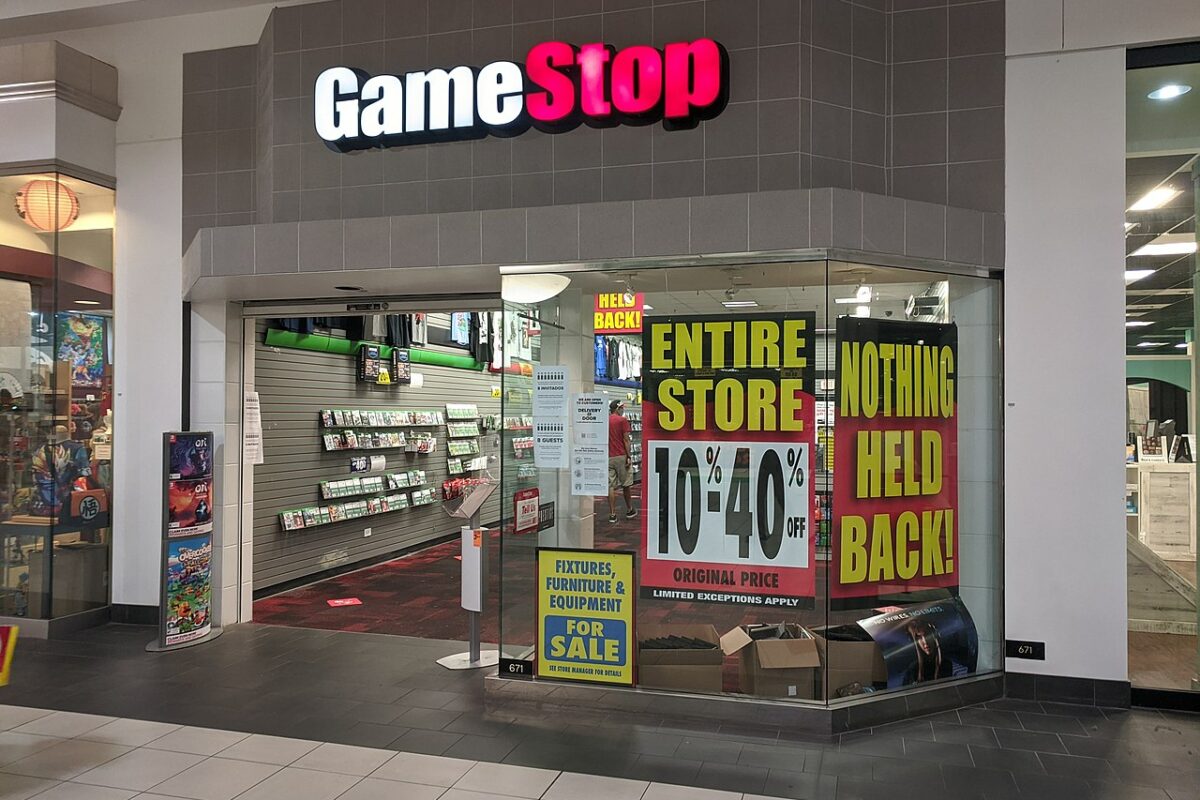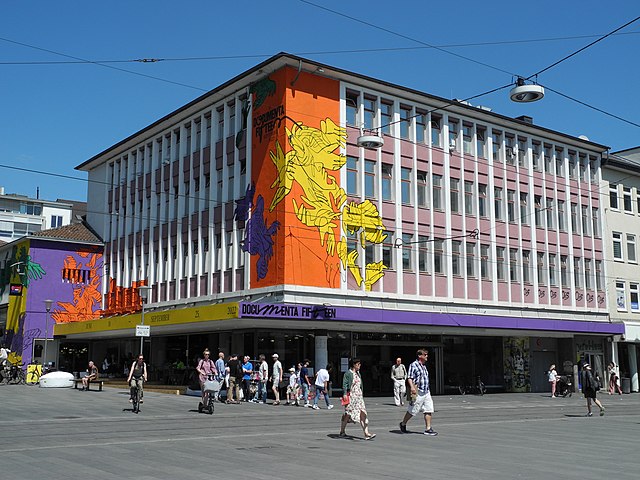Only a week after the stock price of US video game retailer GameStop (GME) skyrocketed to nearly $350 per share — up from roughly $40 the week before — its price settled back down to a more modest $60 as of midday Friday. GME’s wild ride over the past few weeks has earned a wide spectrum of labels, ranging from a “populist revolt” against Wall Street, an outrageous act of interference into financial markets, to a grim reminder of the financialization of all aspects of society.
While there may be an element of truth in each of these accounts, the reality is more mundane. In an era of increased atomization, the GameStop saga is just another stochastic outburst against a political and economic system that serves only a small sliver of the population. Changing it will require more than just the “democratization” of the tools of the already-powerful and wealthy.
How did an ailing strip mall video game retailer become headline news? Initially, users on the subreddit r/WallStreetBets, a group of small-time investors fond of risky options trading, became aware that a number of large hedge funds had an extremely high short exposure on GameStop. A short position is when an investor borrows a stock in order to sell it on immediately, betting that the price of that stock will fall. The investor then plans to buy it back at a lower price and return it to the borrower, cashing in on the difference between the old and new (theoretically) lower price in the process. However, if the price rises, short-sellers face potentially unlimited losses because a share’s value can theoretically rise infinitely. In this case, hedge funds and other investors had taken shorts positions equating to 138% of the total amount of GameStop stocks that actually exists. This was a huge bet that the price of the company’s stock would continue to fall in the context of store closures and the on-going effects of the pandemic.
Realizing this vulnerability, and determined to make both a profit and inflict pain on the Wall Street giants, retail investors (individual non-professional investors using mostly their own money) piled into GME, sending the price sharply upward. The goal was to force the funds into a “short squeeze,” a scenario where short-sellers are forced to buy back the shares they’ve borrowed at a higher value, incurring a huge loss for the shorter and further adding upward pressure to the share price. This tactic is not new, but is typically only used by larger investors. Yet, by coordinating online this group of individual investors managed to pull off the biggest of short squeezes. Last week, one of the most exposed hedge fund Melvin Capital was forced to close out of its short position, contributing to a multi-billion dollar monthly loss equal to 53% of the fund’s total value.
Initially, this saga seemed to lend itself to a typical “David and Goliath” story: plucky underdog investors against the Wall Street titans, a populist tale for the 21st century. While we have every right to cheer when large hedge funds lose immense sums of money (as some of them did, up to $3.3 billion in total), the battle lines cannot be drawn so easily. Both sides of the GameStop saga represent different sides of a flawed system.
It should go without saying, but trading equities is not an effective way to battle Wall Street. BlackRock, the world’s largest asset manager, is one of the largest shareholders in GameStop, and one of the biggest beneficiaries of the price spike. The trading app used by many of the Redditors, Robinhood, is backed by several large Wall Street firms and was able to raise over $1 billion in new funding in the aftermath of the crisis. Meanwhile Silver Lake Partners, a private equity firm, was able to cash out its holdings in theatre-chain AMC Entertainment after Redditors helped drive its shares up tenfold.
While the Redditors underlying analysis — that Wall Street is corrupt, self-serving, and rigged against the “little guy” — is essentially correct, some of their outrage has been misplaced. For example, Robinhood’s reason for temporarily suspending trading of GME at the high of the bubble was likely more banal than initial accounts suggested. After an initial uproar, it was later revealed that the trading platform chose to suspend trading and close positions as a result of a potential liquidity crisis. Because most Robinhood users use margin accounts — owning a claim to a share, rather than the share itself — the platform itself assumes some of the risk of users’ positions. Pausing selling, and later raising additional capital, stemmed more from this arrangement than from a nefarious backroom conspiracy.
What does this bizarre episode tell us about our current political economy, and the role of financial markets within it? Certainly, it is another chink in the ideological armor of capitalism. While the divergence between asset values and the real economy has been a long-term trend — exacerbated by large-scale central bank asset purchases over the past decade — the GameStop episode put a finer point on that reality.
Based on typical “fundamentals,” Gamestop is clearly not worth hundreds of dollars per share. Still, people kept investing, hoping to get rich speculating on an asset with a price almost totally divorced from the firm’s physical business. This is certainly not a new phenomenon, but the scale of the divergence, as well as the people driving it, was unusual. To update Keynes’ famous beauty contest analogy, perhaps the best stocks to invest in won’t be the ones that seem memeable to the investor, but the ones investors think that other market players will find most memeable.
Wall Street will not be successfully challenged by using its own tools against it. Rather than an uprising against capitalism, GameStop’s rise and fall is a sign of the hegemony of our current system. For the most part, the Redditors did not seek to upend our financial structures, just to use newly distributed tools to make room for themselves within it.
The class backgrounds of the majority of those involved are relevant to help understand their motives. While hardly elite, the fact the Redditors had both enough capital and time to engage in the stock market indicates their relatively fortunate economic position. For all the talk of #eattherich and the mutual desire to give Wall Street a bloody-nose, many more hoped to become wealthy themselves. Ultimately, they lacked a coherent political agenda or plan beyond the immediate moment. As a result, this will be a flash in the pan rather than a long-term threat to our economic system.
True opposition to financialized capitalism won’t come from within it. A real alternative will only arise from the less immediate, but ultimately much more enduring and significant work of organizing in workplaces and on the streets. The only way out of our current mess is to dismantle the tools of Wall Street, not democratize them.




